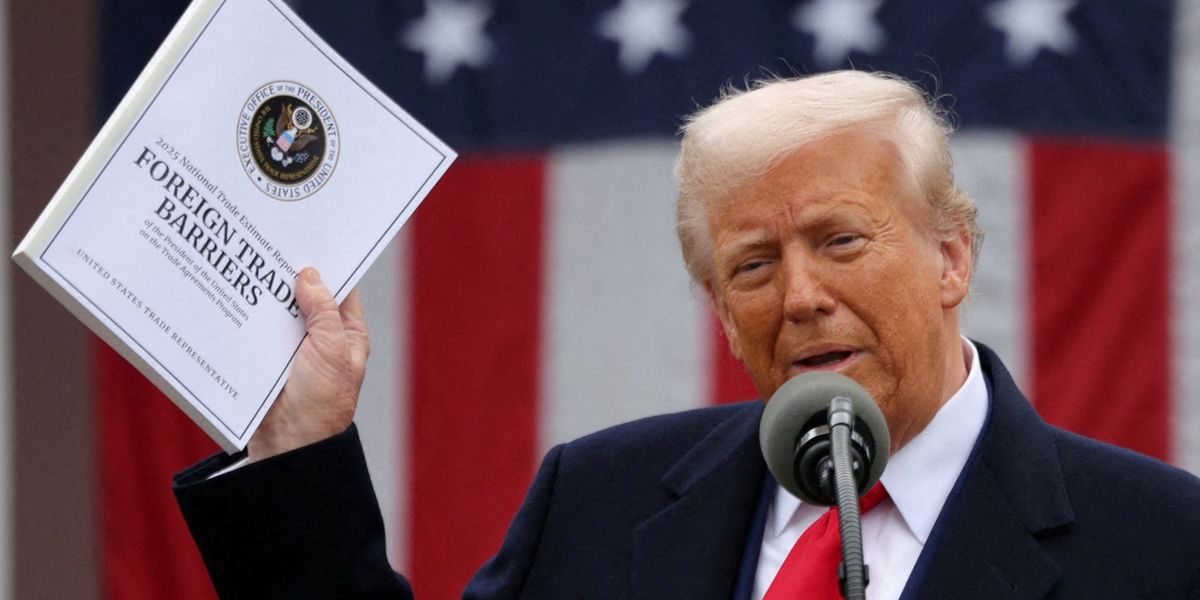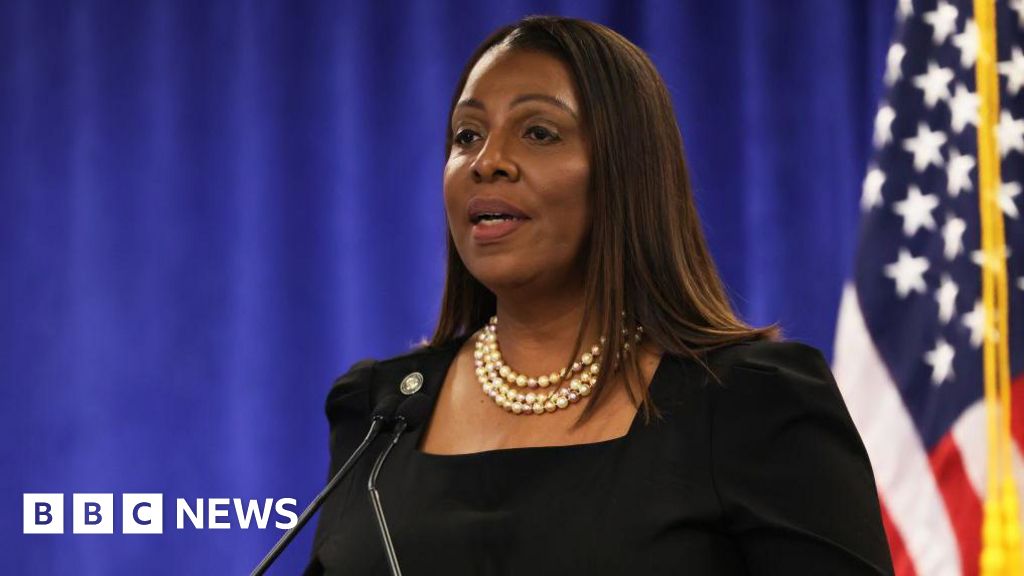Supreme Court Halts Deportation Efforts by Trump Administration

In a surprising late-night decision on Saturday, the Supreme Court intervened to block the Trump administration from utilizing the Alien Enemies Act to expedite the deportation of illegal aliens. This law had been a cornerstone of the administration's strategy to rapidly remove individuals deemed dangerous, including members of the notorious MS-13 gang, from the country.
While the ruling is not a definitive interpretation of the law, it effectively pauses current deportation efforts and signals a likely defeat for the White House in future legal battles. This decision has thrown President Donald Trump back into a familiar conflict with the judiciary, a branch of government he had hoped would be more aligned with his administration's priorities. Notably, only Justices Samuel Alito and Clarence Thomas dissented from the majority ruling, highlighting a growing rift between the Trump administration and the very justices he appointed.
The implications of this ruling are profound. Critics argue that it creates a double standard where the Biden administration can allow millions of undocumented immigrants to enter the country without adhering to due process, while the Trump administration cannot remove them with the same level of expediency. This discrepancy raises serious questions about the future of the immigration system and its ability to function effectively.
The necessity for mass deportations is underscored by the belief that without stringent measures, the United States risks losing its identity as a cohesive nation. However, legal challenges are not the only hurdles facing such policies. The framework of mass democracy, often celebrated as a safeguard against tyranny, has proven vulnerable to manipulation. Critics argue that when the political elite cannot rely on the existing electorate to maintain their power, they may resort to altering the electorate itself.
The Democratic Party is seen as recognizing that new immigrants generally favor policies of wealth redistributionpolicies that benefit both the newcomers and the party itself. Although illegal immigrants may not be able to vote immediately, many will eventually gain amnesty or citizenship, further complicating the political landscape. This has led to accusations of a long-term strategy to replace portions of the electorate, effectively diluting opposition in national elections.
Meanwhile, the ongoing crisis at the southern border has been characterized by some as a deliberate strategy rather than a policy failure. Critics argue that the influx of migrants was designed to benefit the Democratic Party, which has failed to address the situation adequately. The Supreme Court, in its recent ruling, did not exhibit urgency regarding a border policy that could have long-lasting electoral implications.
Furthermore, the Biden administration has been criticized for using a cell phone app that facilitated illegal entry into the United States, contributing to an overwhelmed local infrastructure in small towns across the Midwest. Despite these actions, Chief Justice John Roberts and the Supreme Court did not intervene, raising questions about the Court's priorities in upholding federal laws and its constitutional duty to protect citizens.
During the COVID-19 pandemic, when government officials at various levels infringed upon citizens' constitutional rightssuch as freedom of religion and assemblythe Supreme Court was largely inactive. Similarly, when federal agencies collaborated with social media companies to censor information related to the 2020 presidential election, the Court refrained from taking action. This history of inaction contrasts sharply with its swift response in the case of alleged gang members facing deportation.
Justice Alito expressed his discontent in a powerful dissent, criticizing the Court's midnight order as not only legally questionable but also an absurdity given the context. He pointed out that the Court issued this ruling without allowing lower courts to weigh in, without hearing from the opposing party, and within mere hours of receiving the application, all while lacking robust factual support.
As millions of illegal immigrants already reside in the U.S., the challenge of providing due process to each individual facing deportation becomes overwhelming. Estimates indicate that at least six million people have entered illegally since Biden took office. If each requires a full court hearing, the Trump administration would struggle to make headway on deportations during its tenure, which raises serious questions about the viability of the current immigration system.
The ongoing struggle between the Trump administration and the judiciary highlights a larger issuethe political landscape is shifting, and the judicial system appears to be inhibiting the executive branchs ability to enforce laws effectively. The left warns that these judicial conflicts could lead to a constitutional crisis, but many believe that the crisis began long before, with millions of illegal immigrants already in the country.
Federal judges have previously obstructed Trump administration efforts to implement reforms across various sectors, including military spending and foreign aid. The recent Supreme Court ruling further underscores a trend where the judiciary seems to prioritize the rights of illegal aliens over those of American citizens, raising alarms about national sovereignty and the rule of law.
The Trump administration's ambitious goalssuch as revitalizing American industry, reshaping foreign policy, and dismantling aspects of the administrative statedepend heavily on the ability to conduct mass deportations. Without addressing the situation of millions living in the U.S. in violation of the law, the fundamental responsibilities of the government are at stake, jeopardizing the very fabric of the nation itself.
Ultimately, the judiciary's actions appear to be obstructing legitimate executive measures, undermining democratic accountability, and eroding national sovereignty. The question looms: how far will the courts go to protect their own credibility amidst ongoing debates about immigration and enforcement?





























